
I am depressed. Technology is my lifeline
This is a personal account of my experience of depression and how I feel technology has both helped me, and held me back. I've been depressed for just about as long as I can remember, but it's only in the last six months or so that I decided I needed help and thought it was time to do something. 30-odd years is a long time to feel like Atlas bearing the weight of the world.
Having made this decision, technology was something of a lifeline... specifically, and perhaps oddly, Facebook. The social network made it possible for me to communicate with friends when the mere idea of actually speaking to someone seemed like an insurmountable obstacle. It broke down barriers of time and distance, eased my embarrassment, stopped me from feeling awkward for crying (although even writing that brought the tears welling up, and I feel like an idiot, albeit in private).
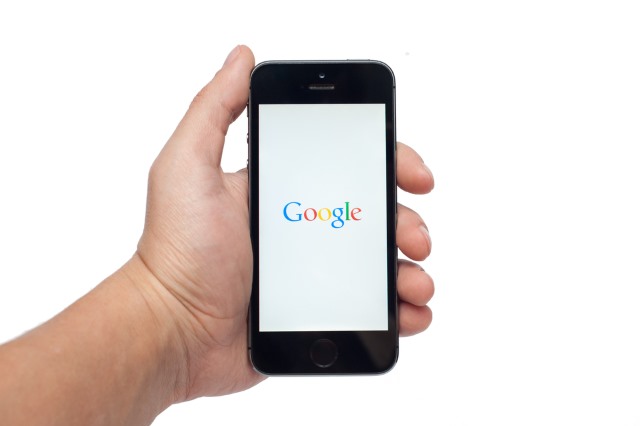
Google ready to embrace AI for new messaging tool to take on Slack
The battle arena for messaging apps has become increasingly busy in recent years, with the likes of Facebook Messenger, WhatsApp and countless others all vying for attention. In the workplace, Slack is the current favorite thanks in part to its smart capabilities, programmability, and bot.
Not wanting to miss out on the action, Facebook recently unveiled Facebook M, a virtual assistant bolt on for Messenger. Looking to compete directly with this, Google is working on a new AI-powered messaging service of its own according to a report from the Wall Street Journal.

Another nail in the coffin for Flash as Facebook defaults to HTML5 video
The demise of Flash has been long, lingering, and painful -- and highly over due in many people's books. There has been a spate of high profile ditchings of Flash recently: Speedtest.net, Twitch, Chrome and Netflix to name but a few. Now Facebook has thrown its hat in the ring switching to HTML5 video.
This is a move that is browser-agnostic, and means that every single video you see on the social network will default to HTML5. While many will see this as a cause for celebration, the change does not completely spell the death of Flash -- it will continue to be used on Facebook for many games.

Stop doing quizzes on Facebook if you place any value on your privacy
You might think that talking about Facebook and privacy in the same breath is a little odd. The two just don’t go hand in hand, surely? Trying to use Facebook whilst maintaining your privacy is an exercise in futility, right? Well, yes, it’s certainly true that hitting a social network is not the thing to do if you want to fly under the radar, but many people do not realize just how easy it is to unwittingly hand over reams of personal information to companies and persons unknown.
While a majority of users are aware that anything they post -- essentially -- becomes Facebook's property, and can be exploited in a variety of ways. Anything shared to the social network can be used to dig up an ever-more accurate picture of who you are, where you are, what you do, what you like, and who you know. Quizzes, personality tests, friend comparisons, and year in review apps, however, are blackholes for personal data -- and the huge range of apps from Meaww have been singled out as being a major cause for concern.
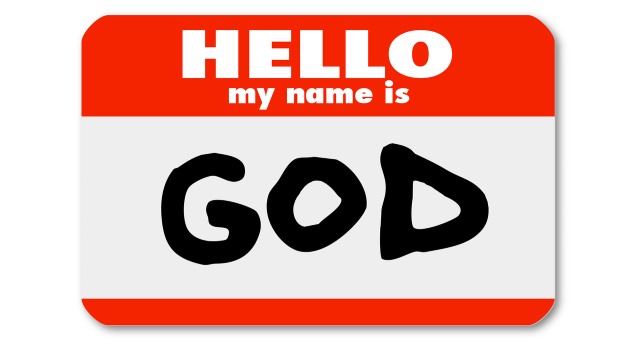
Facebook relaxes draconian real names policy. A bit.
The real names debate on Facebook is long-running and highly polarizing. Views fall into one of two camps: that people should be able to use whatever name they want on the social network, or that Facebook is free to impose whatever restrictions it wants. For supporters of the latter opinion, there is only really one argument -- Facebook can do what it likes.
But for those of the opposing view, there are countless -- well, several, at least -- reasons for scrapping the rule. Facebook has not performed a complete 180 yet, but the social network has today announced a couple of small, but important, changes to its naming policy. Following an earlier change to policy, Facebook says it wants to make things easier for those who belong to ethnic minorities, or who identify as "lesbian, gay, bisexual, transgender or queer".
Twitter will notify users of government-backed hacker attacks
Twitter is joining the Google - Facebook bandwagon, as it has started warning its users that they may be potential targets for "state-sponsored" hack attacks.
Canadian non-profit organization Coldhak has tweeted a copy of an email it has received from Twitter, warning it about a possible cyber-attack.
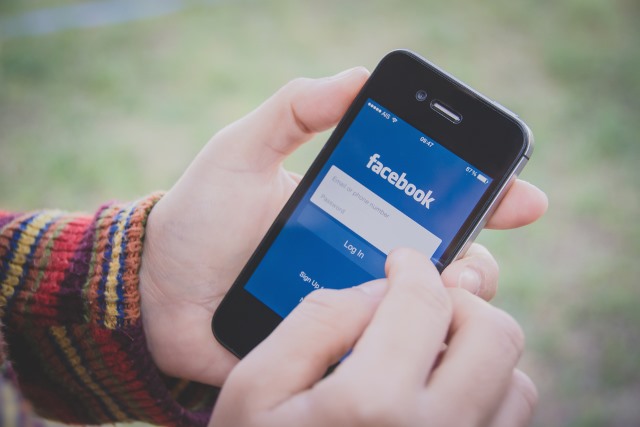
Facebook becomes more adept at dealing with crappy connections
With projects like Internet.org, Facebook has shown that it is interested in getting the world connected. But the truth of the matter is that no matter where you may be in the world, there are times when it can be impossible to get a decent phone signal to allow you to post a photo of your meal.
Joking aside, in countries where people are struggling with 2G connections or otherwise unreliable signals, making use of Facebook's News Feed can be difficult. The social network is rolling out new technology that will make it possible for people with slow connections to now only see relevant news stories on a poor connection, but also post comments when offline.

Here are apps that drain your battery the most
As most people nowadays rely on smartphone applications to do tasks or to be entertained, security firm AVG Technologies has recently released its updated list of the most battery-draining, as well as the data and storage consuming applications there are today.
According to over a million anonymous devices gathered worldwide, AVG’s report showed that messaging apps Kakao Talk and WhatsApp, as well as social networking apps Facebook and Instagram, remain to be the top apps that drain a device’s battery and use up the users’ storage and data.

Twitter tinkers with time
Twitter's timeline is getting a makeover. Not content with presenting tweets in an ordered, chronological fashion (well, reverse-chronological if you want to be pedantic), Twitter is experimenting with the order which tweets are displayed.
It's something that Facebook has been doing for a while, but now Twitter has jumped on the bandwagon using new methods to "surface the best content" for users. At the moment, this is just an experiment, but it's entirely possible that the re-ordering will become the norm in the not-too-distant future. So what's the deal?
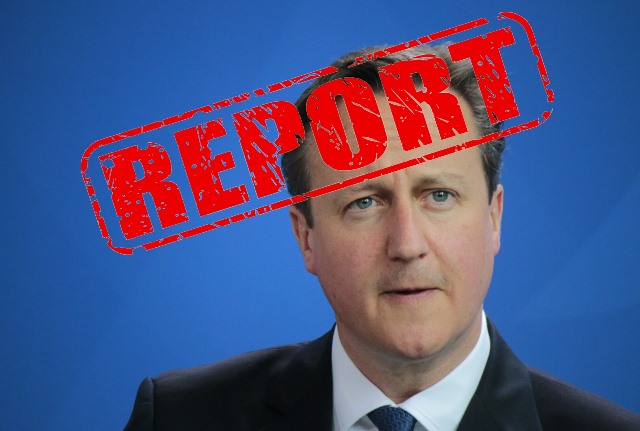
David Cameron's Facebook page reported for posing a 'credible threat of violence' over ISIS
The UK's decision to start a military campaign in Syria to fight ISIS has dramatically divided opinion. Support and opposition is not split neatly down party lines, but a vote this week led to almost immediate airstrikes being carried out.
Taking to social media, Prime Minister David Cameron -- or his representatives -- used his official Facebook page to crow about the fact that vote went the way he wanted it to. This has had something of an interesting side effect. Facebook users are reporting the page for threatening violence.
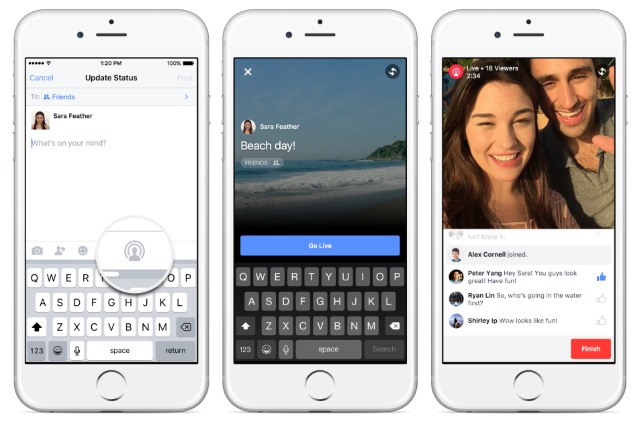
Facebook's Live Video is no longer a celebrity-only feature
The ability to broadcast live video on Facebook is something that has previously only been available to celebrities. It's not being made available to everyone -- yet -- but a handful of lucky users are being given the chance to try it out ahead of a wider rollout.
Starting today, some US iPhone users will be able to live broadcast to their friends and family. This is Facebook's bid to take on Twitter's Periscope, but the social network has more to announce. On top of Live Video, photo collages are also being unveiled as a new way to show off your snaps.
Facebook's Page plugin ventures into CRM territory with new Events and Messages options
Facebook has done an excellent job of becoming the social network, connecting people all over the world. More recently, it has tapped into business markets by providing companies with a quick, easy, and -- importantly -- free way to create an online presence. Now, with an update to its Page plugin, Facebook is making it easier for businesses to connect and communicate with customers.
The update makes it possible to better integrate Facebook with an existing website. Companies can easily add the ability to send a message via their website, and the communication will appear on Facebook on the Messages tab. The update also makes it easier to share news about upcoming events, keeping all-important customer engagement going.
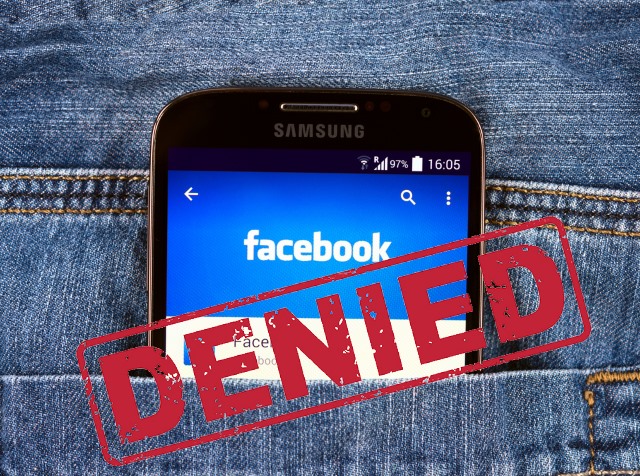
Facebook will stop tracking Belgian web users who shun the social network
Privacy issues in relation to Facebook make frequent appearances, but they tend to focus on instances of the social network using the browsing and account data of logged in users. However, a recent court case in Belgium highlighted the fact that the site was tracking people who accessed public Facebook pages either without a Facebook account, or without logging into one.
This change has a couple of implications for people. Firstly, it means that people who are trying to stay off Facebook's radar will be better able to do so, but it also means that previously accessible content will only be available to those willing to log into their account. Facebook is complying with the Belgian court order that was handed down last month, but the company is not happy about it and intends to fight back.

Facebook helps you to cut your ex out of your life
Break ups happen. Relationships come to an end. It might be an amicable termination, but the chances are that it's not. You probably never want to hear from your ex partner again. Unfortunately, over the years, you have built up a shared circle of friends, and you're both connected to them on Facebook.
Depending on the circumstances of the break up, you might want to go as far as ditching the online friendship and blocking your former beau. But you might not want to take things quite that far. With this in mind, Facebook is now rolling out new features that kick in when you indicate that you're no longer in a relationship, so you won’t be constantly reminded of what you have lost.
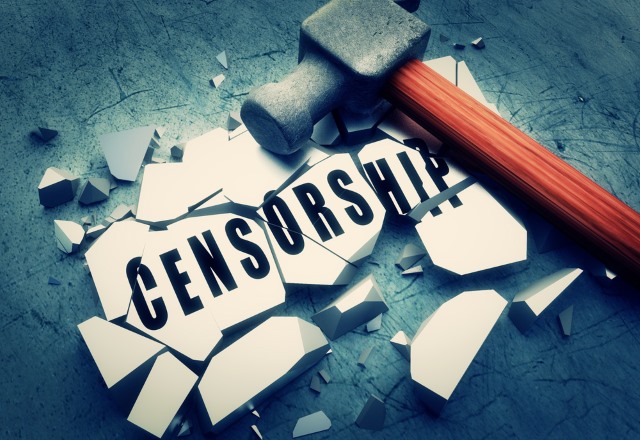
Track censored content on Facebook, Twitter, Google and other social media
There are many problems with the censoring of online content, not least that it can limit free speech. But there is also the question of transparency. By the very nature of censorship, unless you have been kept in the loop you would simply not know that anything had been censored.
This is something the Electronic Frontier Foundation wants to change, and today the digital rights organization launches Onlinecensorship.org to blow the lid off online censorship. The site, run by EFF and Visualizing Impact, aims to reveal the content that is censored on Facebook, Google+, Twitter, Instagram, Flickr, and YouTube -- not just the 'what' but the 'why'. If you find yourself the subject of censorship, the site also explains how to lodge an appeal.
